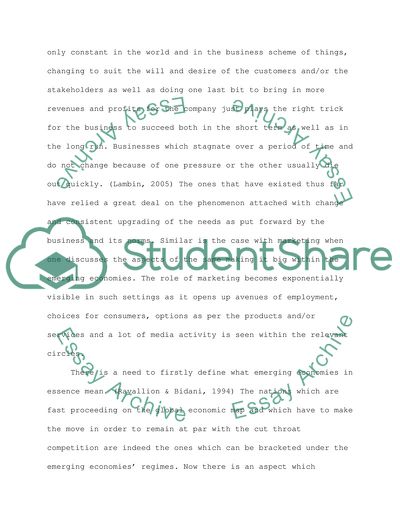Cite this document
(The Role of Marketing for Firms in Emerging Economies Coursework, n.d.)
The Role of Marketing for Firms in Emerging Economies Coursework. https://studentshare.org/marketing/1710626-evaluate-the-role-of-marketing-for-firms-in-emerging-economies
The Role of Marketing for Firms in Emerging Economies Coursework. https://studentshare.org/marketing/1710626-evaluate-the-role-of-marketing-for-firms-in-emerging-economies
(The Role of Marketing for Firms in Emerging Economies Coursework)
The Role of Marketing for Firms in Emerging Economies Coursework. https://studentshare.org/marketing/1710626-evaluate-the-role-of-marketing-for-firms-in-emerging-economies.
The Role of Marketing for Firms in Emerging Economies Coursework. https://studentshare.org/marketing/1710626-evaluate-the-role-of-marketing-for-firms-in-emerging-economies.
“The Role of Marketing for Firms in Emerging Economies Coursework”. https://studentshare.org/marketing/1710626-evaluate-the-role-of-marketing-for-firms-in-emerging-economies.


